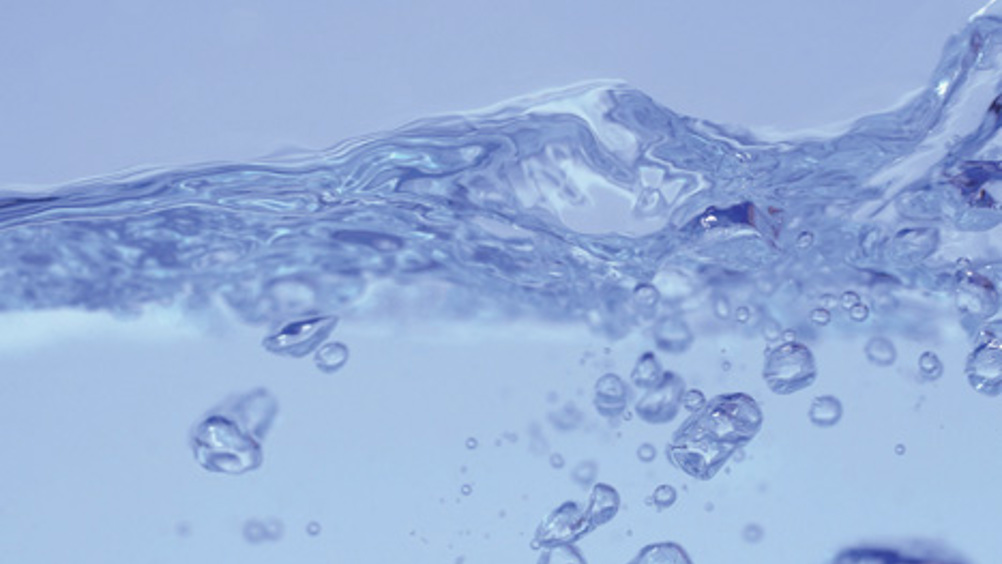Researchers look at improving solar disinfection of water
Researchers at Ulster University are investigating ways of improving the effectiveness of solar disinfection of water using photocatalysis, ultraviolet (UV) feedback sensors and various solar collector designs.

Solar disinfection of water — or SODIS — essentially involves putting water in plastic bottles and exposing them to sunlight for six hours, using the sun’s natural thermal and UV effects to kill contaminants.
With a few basic deployment guidelines, it is highly effective and as such is used regularly by approximately 4.5 million people in the developing world and is promoted by the World Health Organization (WHO).

Nevertheless, as project lead Dr Anthony Byrne of Ulster noted, the simplicity of the approach also leaves it open to flaws.
‘The effectiveness of the process is dependent on a number of environmental parameters such as latitude, time of day, atmospheric conditions, the initial water quality, turbidity, level, and nature of the bacterial contamination… and you’ve no indication if the process has actually been effective,’ he told The Engineer.
Byrne’s team has been working for 10 years on ways of improving the process and scaling it up with simple reactors for households or small communities. Specifically, it has been looking at how various nanoparticles might augment SODIS through a process called photocatalysis.
Register now to continue reading
Thanks for visiting The Engineer. You’ve now reached your monthly limit of news stories. Register for free to unlock unlimited access to all of our news coverage, as well as premium content including opinion, in-depth features and special reports.
Benefits of registering
-
In-depth insights and coverage of key emerging trends
-
Unrestricted access to special reports throughout the year
-
Daily technology news delivered straight to your inbox










UK Enters ‘Golden Age of Nuclear’
The delay (nearly 8 years) in getting approval for the Rolls-Royce SMR is most worrying. Signifies a torpid and expensive system that is quite onerous...